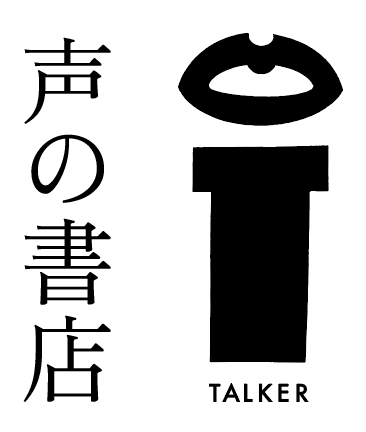.jpg)
Sanjakukaku-shui(Kodama/Tree spirit)
【Masterpieces of Modern Japanese Literature㉛】
By Kyoka Izumi
Narrated by Nana Nagao
Buy from Retailers
A short story by Kyoka Izumi
“Are you not feeling cold?” Oryu stood sorrowfully in the dark night, gazing at the pond, and quietly stepped up beside him. The engineering graduate sat uncomfortably at the edge of the timber, which had been stacked in a well-frame pattern. The cigarette, drawn close to his lips, glowed faintly, casting light on his youthful profile and the underside of his wide-brimmed hat. Oryu placed her hand gently on his back and, though her voice was soft, she spoke without hesitation. “Oh, it’s so damp. The night dew is terrible. Sitting directly on that—aren’t you cold? You should be more careful with your health, especially since you’ve only just recovered from an illness. It’s not good, you know.” As she said this, she pressed lightly against his back. “Are you really all right? You mustn’t let it come back, Kin-san.” Even then, he said nothing. “It’s really not good for you,” she went on. “If you catch a chill, it will only make things worse. Please, stand up. Stand up, won’t you? It’s much better that way.” Then, in an innocent voice, she let out a faint laugh. “Hohoho… Dragging you all the way here like this—you must be exhausted.” —
Author : Kyoka Izumi
Narrator : Nana Nagao
Produced by:Koé no Shoten
Special Thanks:Shigoto, Inc.
Listening Length:
Release Date:2025/9/2
*For how to listen, pricing, purchase methods, payment options, and more, please check each distribution site.
ABOUT THE AUTHOR
1873 – 1939
Born in Kanazawa, Ishikawa Prefecture, his real name was Kyōtarō Izumi. He dropped out of Hokuriku Eiwa School. In 1890, he moved to Tokyo and the following year became a disciple of Ozaki Kōyō. In 1893, he took his first step as a novelist with the serialization of “Kanmuri Yazaemon” in the Kyoto Nichi-nichi Shimbun. In 1895, he published “Yakōjunsa” (The Night Watchman) and “Gekashitsu” (The Operating Room) in Bungei Kurabu, which were praised as philosophical novels, establishing his position as a writer. In 1896, he began serializing “Teriha Kyogen” in the Yomiuri Shimbun. In 1900, he published “Kōya Hijiri” (The Holy Man of Mount Kōya), and thereafter produced works such as “Onna Keizu” (The Genealogy of Women), “Uta Andon” (A Song by Lantern Light), and the play “Tenshu Monogatari” (The Castle Tower). Through a unique literary world that fused classical sentimentality and fantasy, he left a significant mark on the history of Japanese literature.
